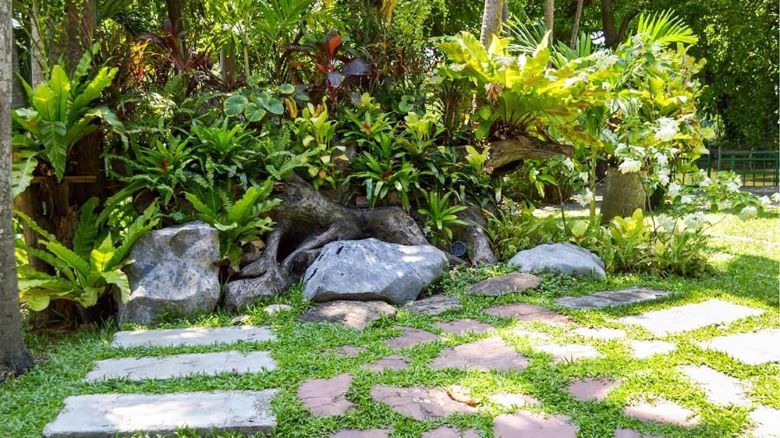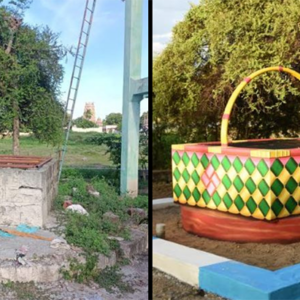
In an increasingly urbanized world, green spaces like gardens serve as vital sanctuaries for wildlife. Whether you have a sprawling backyard or a cozy balcony, there are numerous ways to transform your outdoor space into a haven for birds, bees, butterflies, and other creatures. Not only does this contribute to biodiversity conservation, but it also creates a serene and vibrant environment for you to enjoy.
Here are some tips on how to encourage wildlife in your garden.
Source Native Plants
Choosing native plant species is key to attracting local wildlife. Native plants have evolved alongside indigenous animals and provide them with food and shelter. Research the native flora of your region and incorporate these plants into your garden. From wildflowers to shrubs and trees, diverse vegetation will support a variety of insects, birds, and mammals.
Create Habitats
Offer a range of habitats to accommodate different species. Install bird feeders and bird baths to attract feathered friends; build insect hotels or leave patches of soil undisturbed for insects to burrow and nest; incorporate water features like ponds or shallow dishes to provide drinking and bathing spots for wildlife; even a small pile of rocks or logs can serve as shelter for amphibians, reptiles, and small mammals.
Transform your garden into a vibrant sanctuary for wildlife with the help of Awesome Wildlife Company, who can expertly curate a selection of native plants and habitat solutions.
Avoid Chemicals
Minimize or eliminate the use of pesticides and herbicides in your garden. These chemicals not only harm the targeted pests but also disrupt the entire ecosystem, killing beneficial insects and birds.
Embrace natural pest control methods like companion planting, introducing predator insects, or using organic remedies to maintain a balanced and healthy garden ecosystem.
Encourage Pollinators
Pollinators such as bees, butterflies, and hummingbirds are essential for plant reproduction and food production. Cultivate a variety of flowering plants that bloom at different times throughout the year to provide nectar and pollen sources for pollinators. Opt for single-petaled flowers, as they are easier for insects to access. Incorporate plants with a range of colors and shapes to attract a diverse array of pollinators.
Provide Shelter
Create safe spaces for wildlife to seek refuge from predators and harsh weather conditions. Plant dense shrubs and bushes where birds can nest and find cover. Install bat boxes or owl boxes to provide roosting sites for nocturnal creatures. Leave dead wood and leaf litter in a corner of your garden to provide habitat for insects, fungi, and small mammals.
Use Sustainable Gardening Practices
Practice sustainable gardening techniques to minimize your environmental footprint. Collect rainwater for irrigation, mulch to retain moisture and suppress weeds, and compost organic waste to enrich the soil.
By conserving resources and reducing waste, you can create a more ecologically friendly garden that supports wildlife.
Educate and Inspire
Share your passion for wildlife gardening with others in your community. Host workshops, organize garden tours, or create educational displays to raise awareness about the importance of biodiversity and inspire others to follow suit.
By fostering a sense of stewardship for the natural world, you can help create a network of wildlife-friendly gardens that collectively make a significant impact on local ecosystems.
Conclusion
In conclusion, transforming your garden into a wildlife-friendly haven is not only rewarding but also crucial for supporting biodiversity in your local environment. By incorporating native plants, creating diverse habitats, avoiding harmful chemicals, and practicing sustainable gardening techniques, you can attract a multitude of fascinating creatures to your doorstep. Embrace the beauty of nature and take pride in knowing that your garden is playing a vital role in conserving and protecting wildlife for generations to come.


